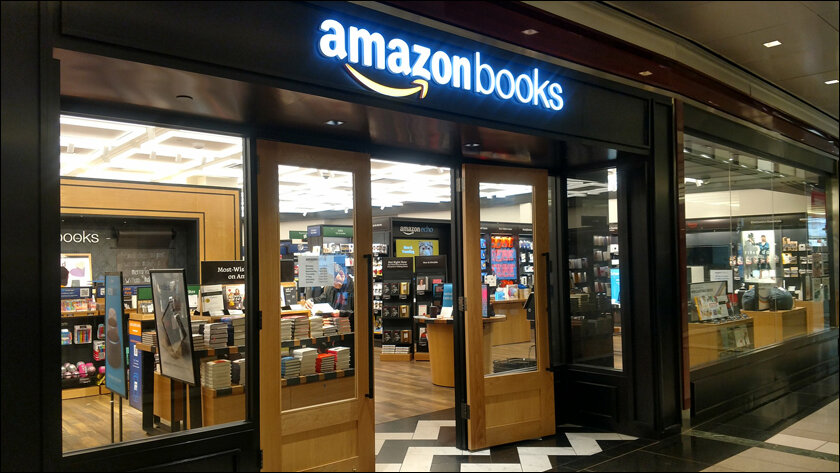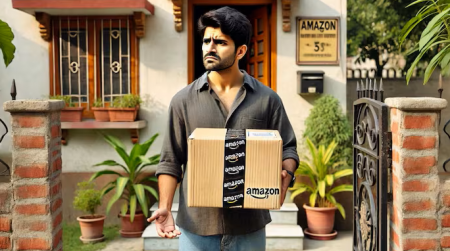Big retailers do self-service checkouts in many countries, so it may well be a cashier-less check out soon, but not anytime soon.
The advent of online shopping has sent many of the traditional high-street and whole-sale outlets to bankruptcy.
Amazon however did a U-turn by setting up 68 brick-and-mortar book-stores carrying toys, books and home goods. In March 2022, however, they announced closure of the ones both in the US and UK.

Amazon then switched to grocery markets and department store concepts. However, in July they closed three stores in London. They boast of a walk in and walk out concept of buying where one doesn’t have to queue up in the till, however, it is not proving as easy as it sounds. The footprint has not expanded beyond London central at the moment. There are 19 stores in London and 38 in the US.
Closing signs:
High street has been one of the hardest hit during the pandemic and it started a while ago. Online retail and ability to return for full refund has made the consumer markets very different to navigate. The cost of living crisis across the world and real-estate costs have been a reason too.

Superdry has started closing eight of its 104 stores across the UK.
Argos has already closed 37 of its stores this year and more are planned for August.
In India, however, there is not a massive change given the foot-fall. During peak holiday season, it is very difficult to find any room in a saree store in Chennai. Retail is a major contributor to India’s GDP and employment, and India is expected to be the third- largest consumer market by 2030. India’s retail industry has gone through multiple disruptions over the last few years, from new business models and improved customer experience to growing digitalisation across the value chain.

What is the difference between India and the rest of the world?
1. Population: Generally the population in India like to view their products before they buy, and since retail is easily available, the feel of the product is easier to understand. What works with a NorthFace puffer jacket may not exactly work for a Silk saree or a FabIndia outfit.
2. Returns are complex: In India and countries like China, returns are not an easy option from an infrastructure point of view. Also the faith in consumers are relatively low. With rising costs squeezing margins, many retailers are rethinking their return policies, shortening the return window and even charging a return or restocking fee.
3. Evolving economy and disposable income: Improving infrastructure and convenience: Multi-parking facilities and the continuous improvement of public transport systems in cities have played a pivotal role in the thriving of high streets.

Why will Amazon Go and other retailers not work, YET?
1. Safety and belief in customers: While walking out of the store without checking out is deemed as a criminal activity, there are lots of security breaches and hoops to jump through. To make it a reality in the world where un-manned stores can be quite difficult to implement.
2. Job safety: With the number of stores closing in comparison to IKEA and COSTCO, it will be difficult to find employees who will want to join the brand as eventually it is a ‘walk out’ concept.
3. Data breach threat: With everything being done by an app, using facial recognition and biometrics, customer data may be put at risk. Amazon was reportedly sued by multiple customers in March 2023 for tracking biometrics without their consent.
Closing thoughts
While I sit and muse about it, it doesn’t seem to be going too well for the big giants like Amazon, given the number of closures, “just-walk-out” technology may set the stage for future retail stores. Big retailers do self-service checkouts in many countries, so it may well be a cashier-less check out soon, but not anytime soon.
In case you missed:
- None Found









